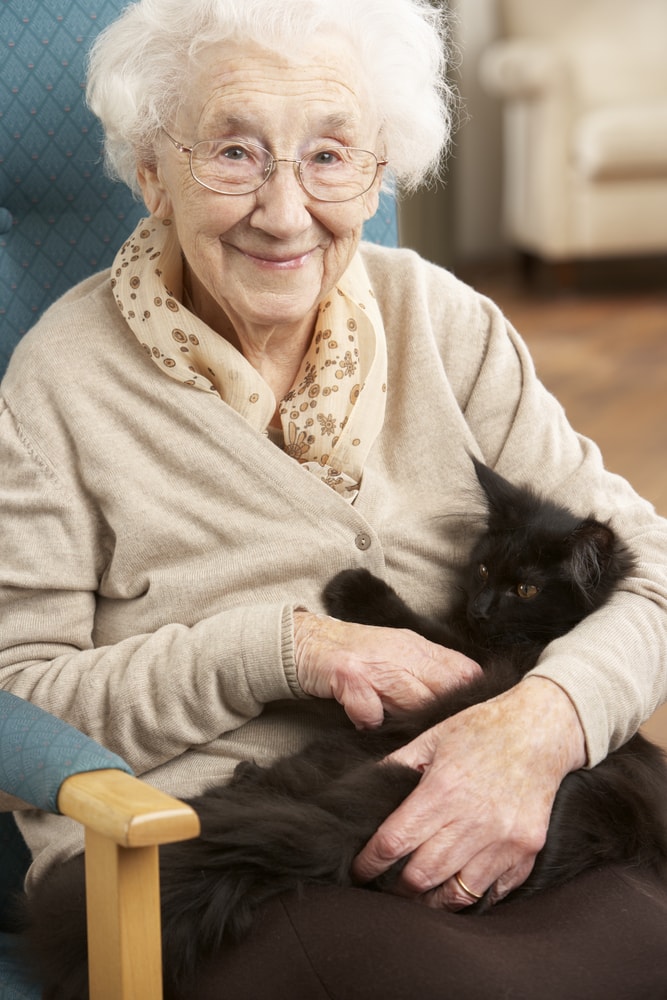
Many people have loved ones who are growing older and wish to ensure they have the best experience. Senior citizens increasingly appreciate staying in their own homes, which leaves their children and other relatives concerned for their safety. Having at-home care can help in this situation, but questions can still linger.
For instance, it’s far from uncommon for someone to ask whether an elderly person living at home should have a pet. This blog will delve into the benefits of having a pet in the home and explain when this should be encouraged as well as times it might be best to be avoided.
The Benefits of Caring for a Pet
Having a pet in the home can be great for seniors. It brings a feeling of joy and love into the home. However, this is far from the only benefit associated with caring for a pet. For instance, having a pet can give someone a sense of purpose and make them more likely to get outside and exercise.
In addition, studies show many advantages for seniors who own a pet. These include companionship, lower blood pressure, increased motor skills, and improved mood. At the same time, not every senior is suited to have a full-time pet. If the person cannot properly care for the animal, it might be better not to have one.
Situations Where a Pet Might Not Be the Best Idea
If a senior loved one has a pet, there are some signs that it might not be receiving the best care. Watching out for these things can give you an idea of whether the pet should be rehomed. Below are a few of the things to watch for when making this decision.
- Lack of funds – Owning a pet can be expensive and not everyone is up to the task. Some seniors have trouble paying for their own doctor’s visits and medications, much less those of a pet. There should be enough income to properly cover the pet’s needs.
- Mobility issues – As people age, progressive mobility issues can come up. Owning a pet means having the ability to do things like change the litter or go on walks. The senior must be able to ensure the pet is well taken care of and not neglected.
- Forgetfulness – If the loved one has trouble caring for themselves or forgets to complete typical activities, this can be a bad sign. You should make sure the pet is being cared for well.
Contact R&A Home Care for Support in the Denver Area
Even if a senior doesn’t have a pet, they can seek out interaction in other ways. Interacting with a family member’s pet or having pet therapy visits can be an alternative. Socializing with other people can also be helpful. In-home care services can help seniors meet their needs in this way.
If you’re ready to bring in professional care for a senior, contact R&A Home Care. We offer non-medical home care services for the elderly, whether they live at home or in a senior facility. Contact us today to learn more about our services.






